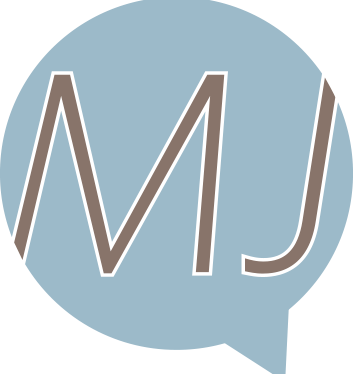As I have referenced in past MJ Blog posts, you don’t have to look much further than the agenda of large, national HR conferences to understand what is on the minds of HR professionals. The #1 topic these days is centered around talent – how to attract it, how to engage it, how to leverage it, how to retain it, how to manage it, how to reward it, etc. Everyone is focused on trying to maximize their ability to attract and retain the top talent for their particular industry. One might think that addressing talent has long been a focus of HR professionals — and it has been to some degree, but it has been taken to a whole new level within the last few years. The reason — metrics, data, and analytics, aka, “Big Data.” The ability to leverage the rich data that exists in HR databases has most certainly caught the attention of CEOs, CFOs, and CIOs – and for good reason. You see, HR data is now being used to analyze the past and predict the future. Many of you may be familiar with the book and movie entitled <em>Moneyball: The Art of Winning an Unfair Game. </em>The book was written by Michael Lewis in 2003 and is about the Oakland Athletics baseball team and its General Manager, Billy Beane, and how he leveraged data to drive an analytical, evidence-based, sabermetric approach to assembling a competitive baseball team, despite Oakland’s disadvantaged revenue situation. Billy Beane essentially realized that he was sitting on a goldmine of data that could be used to analyze the past and predict the future. The focus of his data analysis was talent — how to identify it, how to leverage it, how to reward it, etc. Sound familiar? He turned an age-old industry on its head. He began digging through the terabytes of data that existed in baseball’s annals and finding ways to predict future baseball success based on past results. The result was an industry that begin evaluating talent in a whole new way. If you’ve not seen the movie or read the book, I encourage you to do so as it will help you look at data analytics from a new angle and help you see why your clients are finding religion in Big Data and why robust Human Capital Management (HCM) systems are so important to them. In scanning the session topics for the upcoming HR Technology Conference in Las Vegas, I came across numerous sessions that are focused on this big data/analytics topic (supporting the original premise of this blog – look at the conferences to understand the mindset of HR professionals). A few caught my eye: <em>The Real Economists of HR Technology: Using Big Data to Drive HR Decision-Making</em>; and <em>Beyond HR Data: Using HR Analytics to Enhance Engagement, Performance and Productivity. </em>In these sessions, I’m certain attendees will be presented with real-life examples where employers are using HR data from HCM and carrier systems to achieve the following… <ul> <li>Predicting future turnover (using data based on performance reviews, compensation/compa-ratios relative local market, compa-ratios relative to job title, commute times, peer recognition, etc);</li> <li>Assessing success of a new benefit contribution strategy, a recently implemented benefit plan migration strategy, a new Rx program, a new plan design (using enrollment data, trend information, premium shifts, and claims data);</li> <li>Understanding the effectiveness of a new reward program (using turnover data, engagement data, performance data, time/efficiency data);</li> <li>And much, much more.</li> </ul> As always, we believe it is important for you (the agent) to understand what is driving your clients. Based on the agenda of SHRM and HR Tech Conferences, I think it is a fairly safe bet that talent acquisition and management is at or near the top of the list for your client and runs across all levels of the organization – HR, CFO, and CEO. I further believe that in today’s competitive talent market, HR data <strong>will be leveraged</strong> to achieve those objectives. Given that I’ll be in Vegas for the upcoming HR Tech Conference, I might parlay these bets!
Questions, comments, or ready to Advance HR through Technology?
Contact us now.


